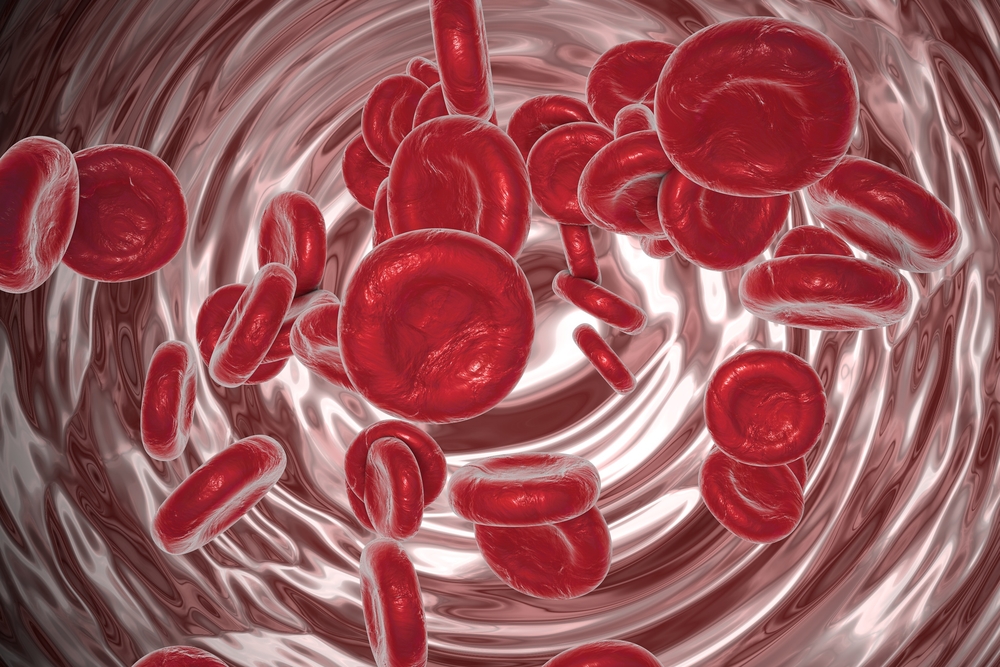What to do with antiplatelet medications in the setting of anemia has always been a huge challenge for me. Here’s a scenario with some questions to think about.
A 64 year old female has a history of CAD, hyperlipidemia, hypertension, CABG, depression, anemia, osteoarthritis, and constipation. Current meds include:
- Lisinopril 5 mg daily
- Clopidogrel 75 mg daily
- Crestor 20 mg daily
- Metoprolol tartrate 25 mg daily
- Sertraline 25 mg daily
- FeSO4 325 mg daily
- Colace 100 mg BID
- Diclofenac 50 mg BID
Labs:
- Hemoglobin 9.6
- Platelets 78
- When assessing anemia, the first thing I would look at would be the labs. How low are the hemoglobin/hematocrit/platelets? Also, have they always been this low or is a recent drop obvious?
- Patient symptoms are important. Is there blood loss (i.e. blood in stool or recent surgery)? Are they bruising easily? Are they feeling significant fatigue? All are important questions.
- Before assessing the antiplatelet medication, I look at all the other medications. The most obvious one is diclofenac. I would seek an alternative here or recommend assessing for GI bleed risk if the NSAID is deemed necessary. With OA history, acetaminophen would make some sense to inquire about. GI prophylaxis may be appropriate if the NSAID needs to stay. There is some evidence that SSRI’s can rarely impact platelet function, but at this dose and the patient being on an antiplatelet medication as well as an NSAID, I would not likely suspect this is much of an issue.
- Timing of when clopidogrel and diclofenac were started would be another factor in trying to identify a medication related cause.
- It’s important for us to remember that there are tons of medical reasons for thrombocytopenia and anemia. If meds are ruled out, be sure our other healthcare providers assess for medical problems!
Enjoy the blog? Over 4,000 healthcare professionals follow this blog for a reason! Get a FREE PDF of my 30 medication mistakes besides!



Good post poly pharmacy gone amock!